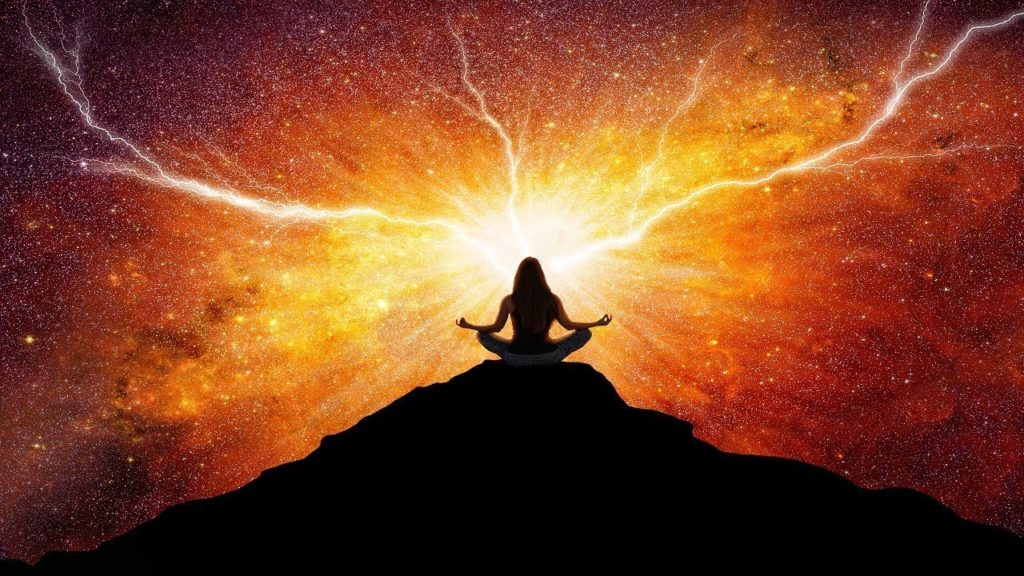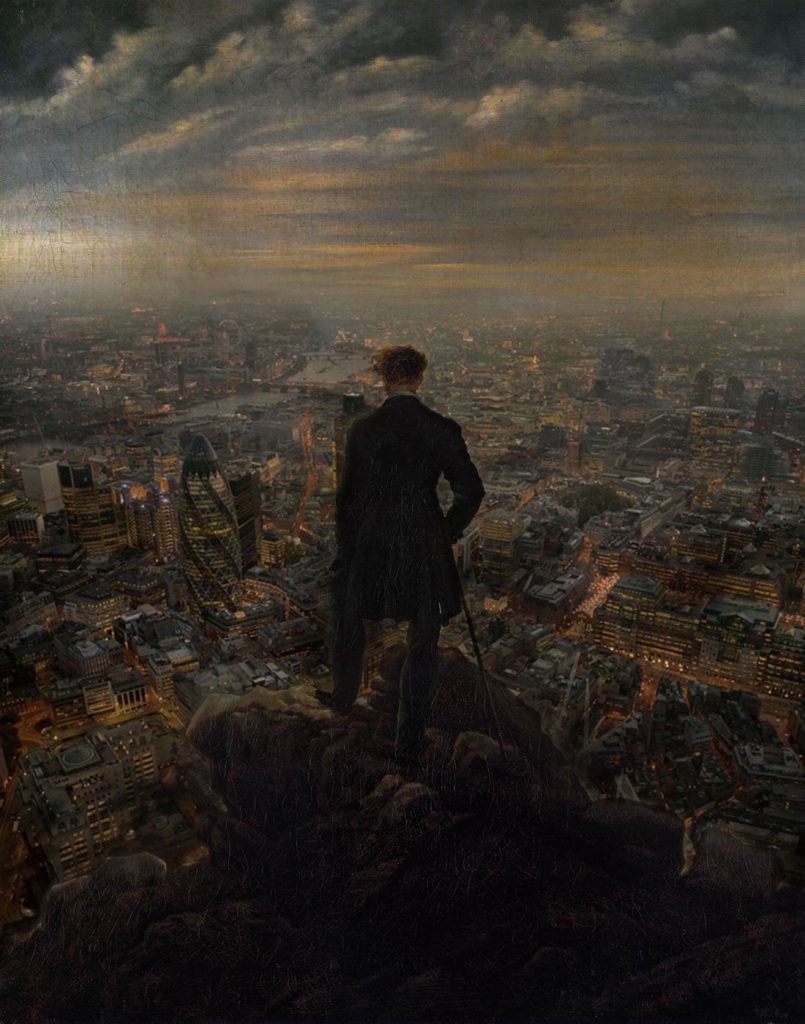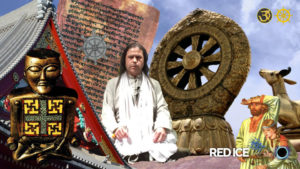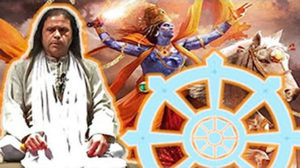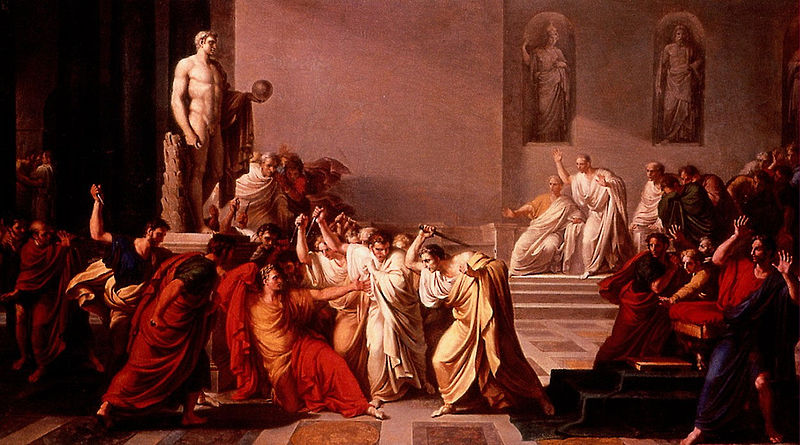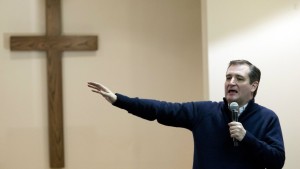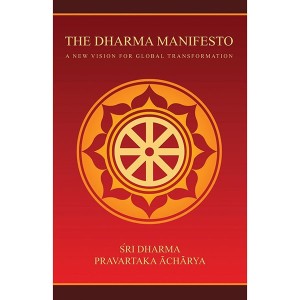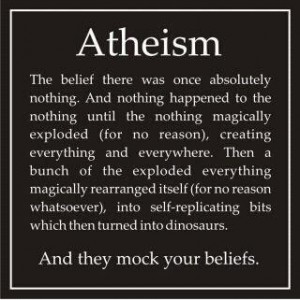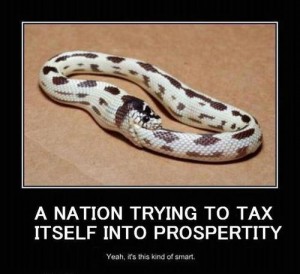“Dharma, globally, is in trouble. It needs to be saved. We need to save Dharma. Otherwise it will indeed disappear from our sight. Oh, Dharma itself doesn’t disappear, of course, we know that. But it will disappear from our sight. To the point where we will not be able to reach up and reach it anymore. We cannot allow this to happen. In order for Dharma not to disappear we need a place where Dharma is alive.” -Sri Acharyaji
We live in a world seemingly rotten almost to its very core. One that seems to decay further and further with each passing day.
Our cities are hives of decadence and debauchery. Almost any perverse desire can be satiated, for a time, if one knows the right place to look. Children are groomed and pushed into sexual deviancy at every younger ages. Our schools teach them not how to think, but what to think. Our politicians and so-called “leaders” serve anyone else but the people they govern, and use the positions of public office to line their own pockets, or to further another’s agenda.
Massive corporations work their employees to the bone for a relative pittance, in unfulfilling and soul destroying ways, and pollute the world around them in order to create items we dont need, solely to make a profit. Forests are felled, fields farmed beyond recovery, and the very earth is strip-mined with increasing greed. The oceans have been over-fished and over-polluted, and animals are slaughtered on an industrial-scale in their tens of billions every year, often in inhumane and unconscionable circumstances. Root and stem has been paved over to make room for a sprawling world of concrete and steel.
Tradition, culture and faith are often viewed as relics of a bygone era, and discouraged as ‘oppressive’ or ‘superstitious’. The gods of the modern world change on a daily basis. One day its a celebrity or sports star, the next its a doctor or so-called scientist. At the end of the day. The true gods of the modern world are lust and greed. Morality is viewed as subjective, thus almost anything is permissible as long as its packaged in the right fashion.
One can be forgiven for seeing the world in an irredeemable light.

Man has lost touch with Nature. As a result, man has also lost touch with Dharma.
Anyone who has lived close to nature in any reasonable capacity will be conscious of the fact that life (and thus our human reality) is composed of cycles – the seasons being the most obvious example of that. Other examples include reproductive cycle of animals, the phases of the moon and its effects on crops, the cycle of aging in humans, rotations of crops and depletion of soils, and so on.
A brief observation of nature shows us the cyclical nature of our world. Therefore a linear view of reality is but the symptom of a “diseased” mind. The mind of a man cut off from the true reality of nature.
Understanding this does not make witnessing the current state of the world any easier. But understanding it should offer one some context, and some certainty in knowing that just like every other thing in this world, the nature of nation and human civilization is also cyclical. No country, kingdom or empire in history has been untouched by the decline of civilization and the ravages of time. In the end, each and every one of them has reached its inevitable expiry date, often characterized by periods of natural disaster, pestilence, civil conflict, war, social decadence and the decline of morality. The unsustainable existence of a nation in decline always catches up to it, leading to its inevitable downfall. Likewise from that downfall likewise comes a form renewal or rebirth from the ashes of old.
In realizing this, we can look upon the state of the world in a different line. The end is not an end. The end is simply a new beginning, and that beginning can be whatever we as a people are willing to make of it.
How are we, as individuals, to have any meaningful impact on the renewal of civilization itself?
To a single person alone, the mere idea of it must seem almost insurmountable. Like trying to divert a flooding dam with a bucket. Such thoughts, however, are also not entirely unreasonable. Very few men in history have had the power required to be able to reshape the entire fabric of a nation or world in one fell swoop.
However, that does not render individual actions pointless. One man with a bucket cannot stop a flood. but a thousand men with shovels and buckets can divert an entire river with enough will and dedication to their task.
The river is civilization, and its redirection is our task.
To find a place for Dharma to thrive in our world, first we must allow it to truly take root and flourish in ourselves.
As a result of this world of decadence and decay, it is all but inevitable that a generation of highly virtuous men and women will undoubtedly arise, resolute in their rejection of the “old” corrupt world, and motivated by their desire to see the world renewed more in line with Dharma.
Like a sword forged in the heat of fire, so too will the dharmis of this generation forge the world that is soon to come. That is the Golden Age – an age within the Kali Yuga, where human quality is at it’s highest, and where the best of the best will once again stand at the top. As that age progresses, those men of virtue will progressively build the civilization anew, forging something more healthy, more holy and more pure than the society we know and live under today.
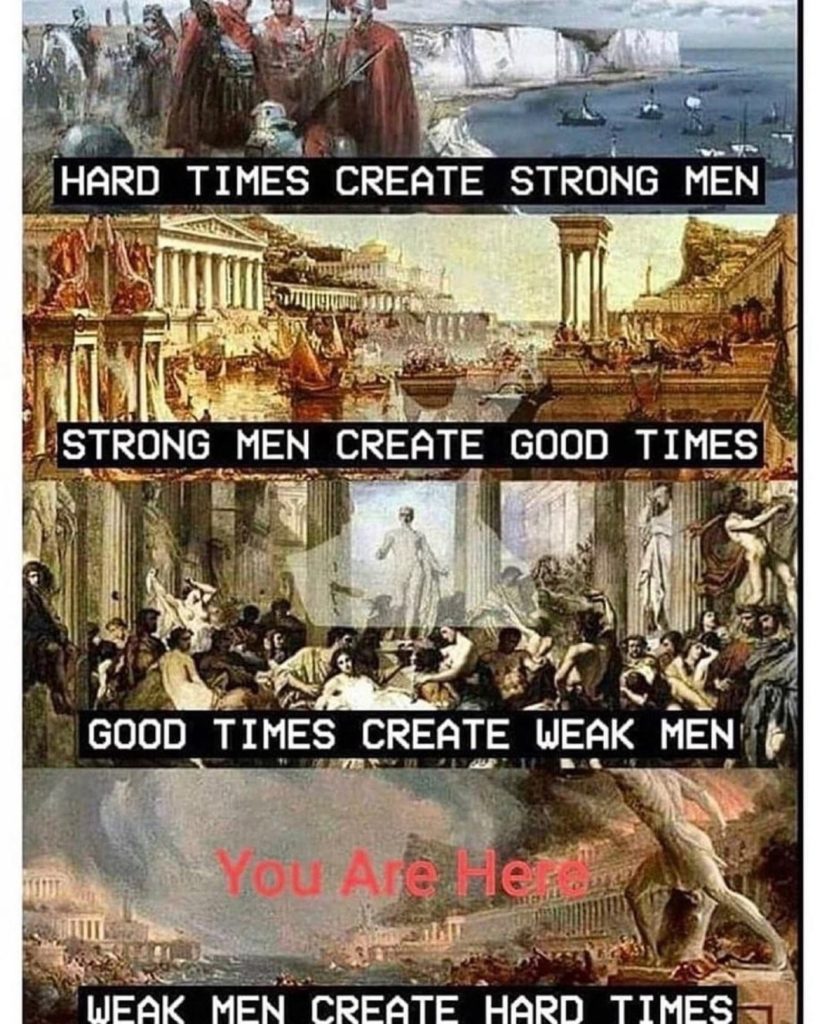
In fact, we already see this coming into shape today. With increasing regularity, the teachings of Dharma, and view points more in line with its philosophy, continue to become evermore prevalent in the public sphere of thought and discourse. A burgeoning renaissance of traditional thought is beginning to show signs of its arrival, if one looks around. A renaissance that we can all be a part of.
For this to occur, each and every one of us must first allow Dharma to take root in ourselves.
We must become the embodiment of the world which we desire to see manifest. We must become reflections of Dharma. Before the Golden Age is manifest externally, it must first be manifest internally.
Then, moving up from the mere individual, comes the time of action. From engaging in grassroots political activism in your own community, to organizing a group of devotees, or even participating in the Vedic Heartland Initiative, there are countless actions an individual can take in order to bring the world one step closer to Dharma. The world we all seek comes first in ourselves, then through our healthy and thriving communities, and finally will take root within the scope of our very nations themselves.
This all starts with cultivating an unassuming attachment to God. By doing that, we can live a life that is untethered by the constant entanglements of the modern world. By giving everything in your life to Him, and expecting little in terms of material boon or sense gratification, we can raise ourselves to be more worthy vessels of Dharma within the material world. In doing this, we open ourselves to being empowered in our pursuits to right the wrongs of this world. So take shelter of the lotus feet of the lord, for he is the source and sustainer of all things, and when the time is right, the world as we know it will be radically different to the one into which we were all born.
